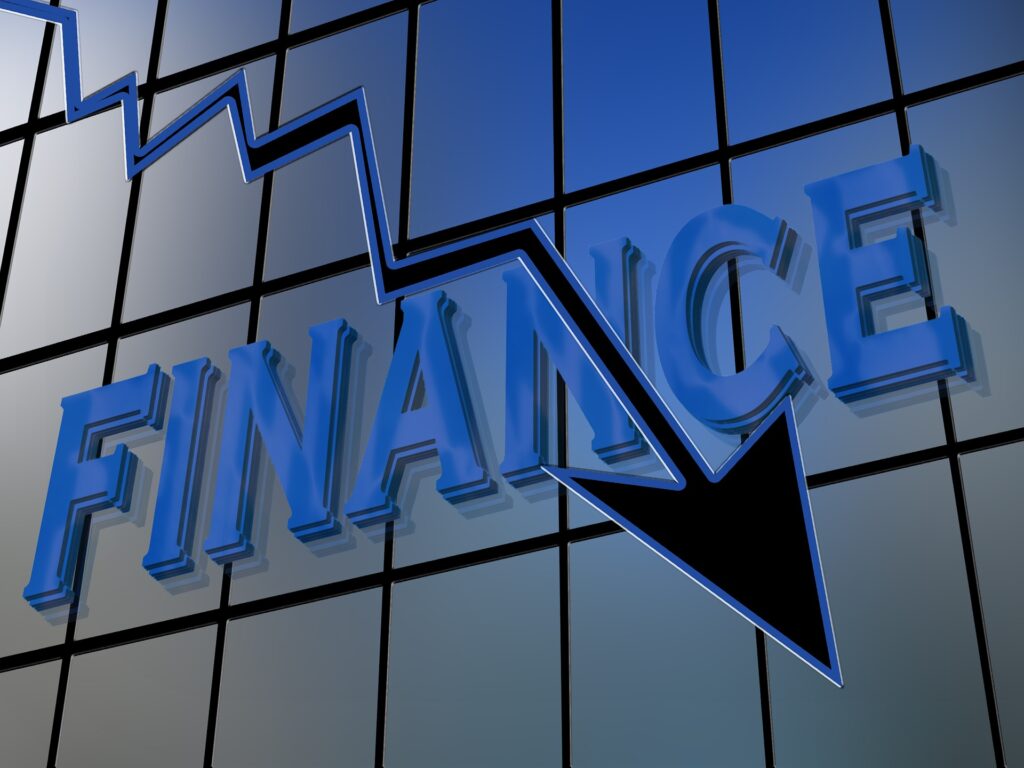Recessions are a natural part of the economic cycle. They can be caused by a variety of factors, such as a financial crisis, geopolitical challenges, shifts in consumer behavior, or when excessive regulations and overspending come into play which is the case now and during the stagnation years of 2010, 11, 12, and so on.
While you may not be able to control the overall economy, you can take steps to prepare your personal finances for a recession. Here is a comprehensive plan to help you weather the storm and come out financially stable during tough times.
Build an Emergency Fund
One of the first and most important steps to prepare for a recession is to establish or beef up your emergency fund. Financial experts recommend saving at least three to six months’ worth of living expenses in a readily accessible account. This fund acts as a financial cushion during a recession, covering essential expenses like rent or mortgage payments, utilities, groceries, and insurance premiums. Having this safety net can alleviate the stress that comes with unexpected job loss or reduced income.
Reduce Your Debt
During a recession, job security becomes uncertain, making it essential to reduce your debt burden. Make it a priority to pay off high-interest debts like credit card balances, personal loans, or payday loans. By eliminating or minimizing these liabilities, you free up more of your income for essential expenses and saving. Consider refinancing options to lower interest rates and consolidate debt, making repayment more manageable.
Create a Budget
A well-structured budget is a powerful tool for managing your finances during a recession. Start by tracking your monthly income and expenses to get a clear picture of your financial situation. Categorize expenses into necessities (e.g., housing, food, and healthcare) and discretionary spending (e.g., dining out and entertainment). Cut back on non-essential expenses and allocate your resources wisely to ensure you can cover essential costs even if your income decreases.
Diversify Your Income
Relying solely on one source of income can be risky during a recession, as job loss or pay cuts become more likely. Explore opportunities to diversify your income by starting a side hustle, freelancing, or investing in income-generating assets like rental properties or dividend stocks. Multiple income streams can provide a safety net and help maintain financial stability even in challenging economic times.
Review and Adjust Your Investments
Your investment portfolio should align with your long-term financial goals and risk tolerance. During a recession, stock markets can be volatile, and asset values may decline. Review your investments regularly and consider rebalancing your portfolio to reduce risk. Seek professional advice if necessary to ensure your investments are well-diversified and aligned with your financial objectives.
Evaluate Insurance Coverage
Insurance plays a vital role in financial preparedness for a recession. Review your health, life, disability, and auto insurance policies to ensure they provide adequate coverage for your needs. It’s essential to understand your policy deductibles, coverage limits, and premiums. Consider increasing coverage if necessary to protect your family and assets during tough times, which is the situation now with inflation and high gas costs.
Trim Non-Essential Expenses
Identify areas in your life where you can cut back on non-essential expenses. This might involve canceling unused subscriptions, reducing dining out, or finding more cost-effective ways to entertain yourself and your family. Small adjustments can add up and provide you with extra funds to bolster your emergency fund or pay down debt.
Preserve Retirement Savings
While it may be tempting to reduce contributions to your retirement accounts during a recession, it is important to continue saving for the long term. Historical data shows that markets tend to recover over time, and reducing your retirement contributions could have a detrimental impact on your future financial security. If possible, maintain or even increase your retirement contributions, taking advantage of potential market discounts during downturns.
Seek Professional Guidance
During a recession, financial decisions become even more critical. Consider consulting a financial advisor who can help you deal with these challenging times. They can assist you in making informed investment choices, optimizing your financial plan, and adjusting your goals based on economic conditions. Professional guidance can provide peace of mind and increase your financial preparedness.
Maintain a Positive Mindset
Lastly, maintaining a positive mindset is essential when preparing for a recession. Financial challenges can be emotionally taxing, but staying focused, adaptable, and resilient is the key to overcoming them. Surround yourself with a supportive network, and remind yourself that recessions are temporary. By staying proactive and optimistic, you’ll be better equipped to handle financial setbacks and come out stronger on the other side. Right now, we just have to tough out these high food prices and hopefully things get better in 17-19 months.




